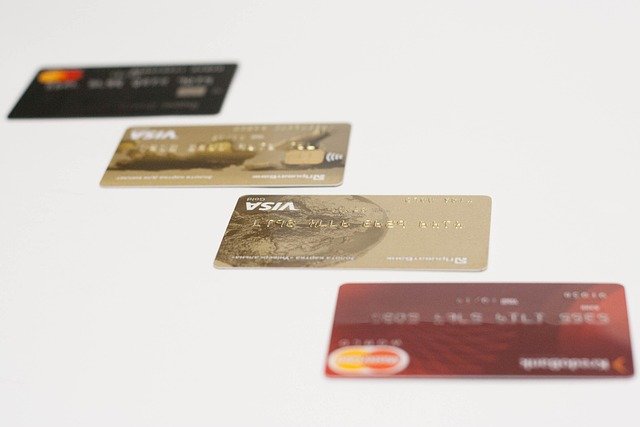A Complete Guide on Applying for a Credit Card
Navigating the world of credit cards can feel overwhelming, but understanding the basics and following a systematic approach can make the application process straightforward. This comprehensive guide covers everything you need to know about choosing and applying for a credit card, from understanding different card types to meeting eligibility requirements and comparing offers.

Understanding Different Types of Credit Cards
Credit cards come in several varieties, each designed for specific needs and spending habits. Rewards credit cards offer points, miles, or cashback on purchases. Business credit cards cater to company expenses with specialized perks. Student credit cards help build credit history with lower requirements. Secured credit cards require a security deposit and are ideal for credit building. Low-interest cards focus on reducing finance charges for those who carry balances.
Essential Credit Card Eligibility Requirements
Most credit card issuers have specific eligibility criteria that applicants must meet. The basic requirements typically include:
-
Being at least 18 years old
-
Having a valid Social Security number
-
Providing proof of income or employment
-
Meeting minimum credit score requirements
-
Demonstrating stable residence history
Credit score requirements vary by card type, with premium cards often requiring scores above 700 while secured cards may accept scores below 600.
Steps to Apply for a Credit Card
The application process involves several key steps:
-
Check your credit score and report
-
Research and compare card options
-
Gather required documentation (ID, income proof, address verification)
-
Complete the online or paper application
-
Wait for the issuer’s decision
-
Activate the card upon approval
Most applications receive instant decisions, though some may take several business days for review.
Credit Card Processing Fees and Charges
| Fee Type | Typical Range | Notes |
|---|---|---|
| Annual Fee | $0-$550 | Premium cards have higher fees |
| Late Payment | $25-$40 | Varies by issuer |
| Balance Transfer | 3-5% | Minimum charge applies |
| Foreign Transaction | 0-3% | Travel cards often waive this |
| Cash Advance | 3-5% | Plus higher APR |
Prices, rates, or cost estimates mentioned in this article are based on the latest available information but may change over time. Independent research is advised before making financial decisions.
Comparing Popular Credit Card Offers
When evaluating credit cards, consider these key factors:
-
Annual Percentage Rate (APR) for purchases
-
Rewards structure and earning rates
-
Sign-up bonuses and welcome offers
-
Annual fees and other charges
-
Additional benefits (travel insurance, purchase protection)
-
Credit score requirements
Different cards excel in different areas, so prioritize features that align with your spending habits and financial goals. Premium travel cards might offer extensive perks but carry higher annual fees, while no-annual-fee cards typically provide simpler benefits.
The best credit card choice depends on your individual circumstances, including credit score, spending patterns, and financial objectives. Take time to research multiple options and read the terms carefully before applying. Remember that each application typically results in a hard inquiry on your credit report, so apply selectively and strategically.




